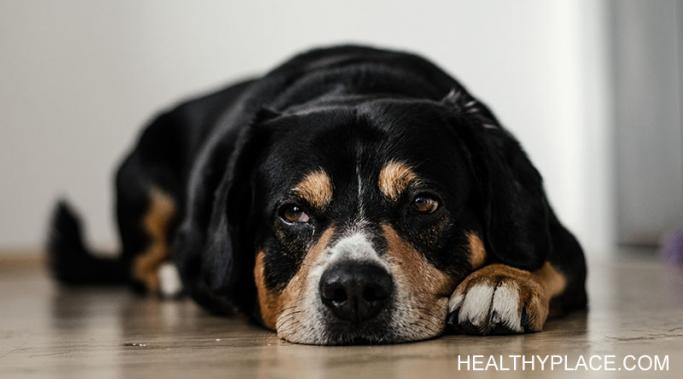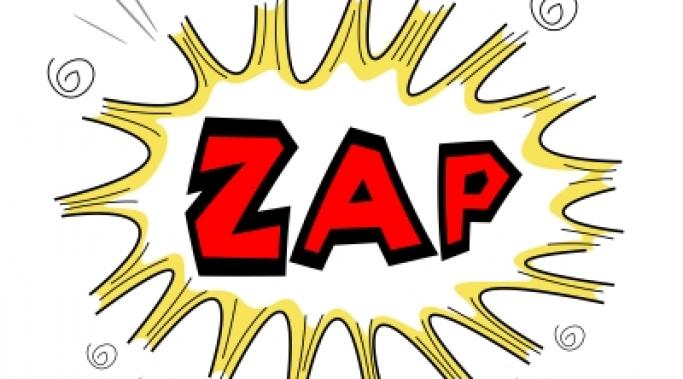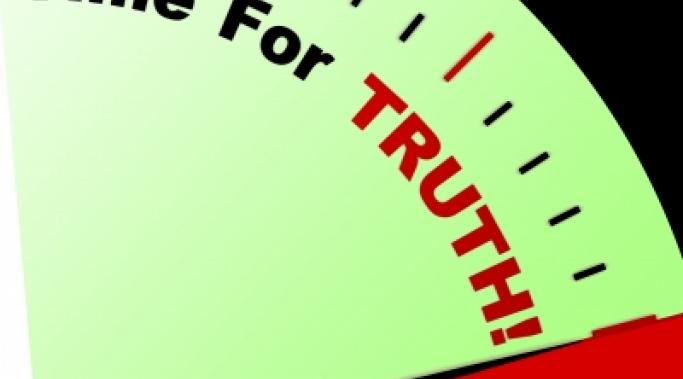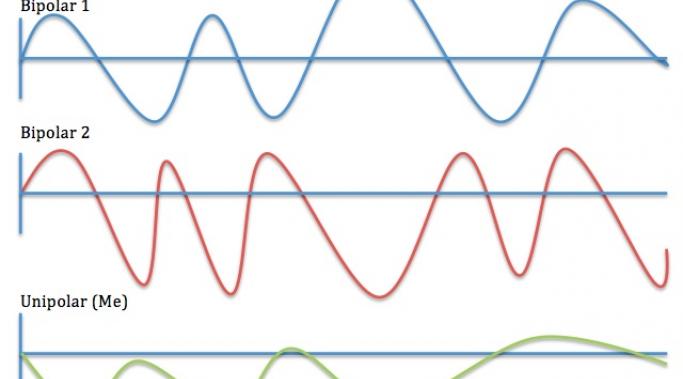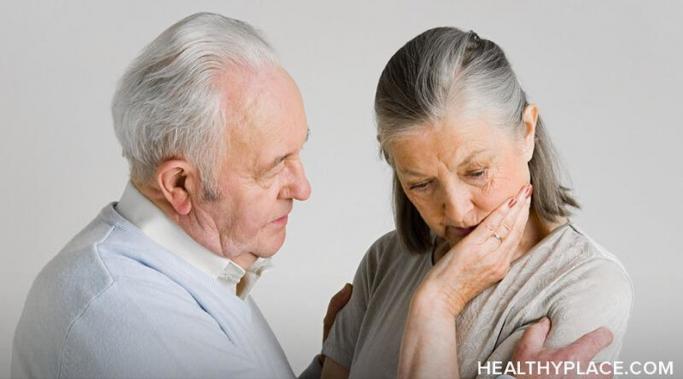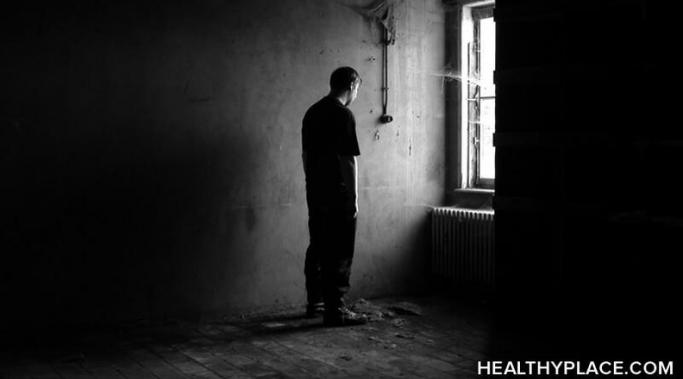It is said that animals communicate through their energy. I’m no scientist, so I can’t really speak to the validity of that (Pet Therapy for Depression). What I do know for sure is that my dog is keenly aware of my depression and she knows just what to do when I’m suffering.
Coping with Depression
It takes a certain amount of energy to hide depression from family and close friends. (Explaining Depression to a Friend) It takes exponentially more energy to keep depression a secret at work. But there came a time, not too long ago, when I finally had to say – ENOUGH!
Exercise is one of the most important and effective treatments for depression. Knowing that exercise will help combat depression and actually getting out there to exercise are two completely different things.
There are many depression-management techniques available; antidepressant medication, cognitive behavioral therapy (CBT), exercise and a proper diet, relaxation and general wellness treatments (eg. massage therapy, hypnosis, meditation, aromatherapy, etc.), and so on. Among these therapy techniques is group therapy. But... group therapy for depression? Is it a help or a hindrance?
Quitting your depression medication without the doctor's help can lead to trouble. In fact, getting off your antidepressant medication on your own is a very bad idea.
I know, because I did it.
Depression, and mental illness in general, has gotten a lot of attention in the last few years. The internet and social media abound with knowledge and support for the myriad disorders from which we suffer.
The same could not be said twelve years ago when I received my first official diagnosis for my depression.
Explaining depression to a friend can be scary and difficult. A couple of weeks ago, I wrote about talking to somebody about depression. Telling family and close friends about your depression has its challenges, but telling friends and acquaintances can have its challenges too – especially when they are people you know from work.
Why would you even bother telling an acquaintance about your depression? What business is it of theirs? Good questions.
Despite my own depression and experiences with anxiety and panic over the years, my knowledge of bipolar disorder was very limited. I knew about bipolar disorder and knew about the mood severities associated with it. But, it wasn’t until two years ago, when Catherine Zeta-Jones came out to the public about her battle with bipolar 2 that I even knew there was a bipolar TWO.
Talk about depression? Why? It’s no secret that the stigma of depression (and other mental illnesses) can be debilitating. Hiding the reason we are sick takes as much out of us as the sickness itself. Imagine a world where we could freely tell our loved ones, friends, co-workers and bosses the truth. Imagine a world where we could talk about depression.
When you have chronic depression, a depressive episode can rear its ugly head unexpectedly. You’re just going through your days, living your life, managing your depression as best you can and then . . . you feel the decline. This happened to me this week, surprising me because I had just survived a brief dip in my mood in early May. I wasn’t expecting this depressive episode so soon after the last.
